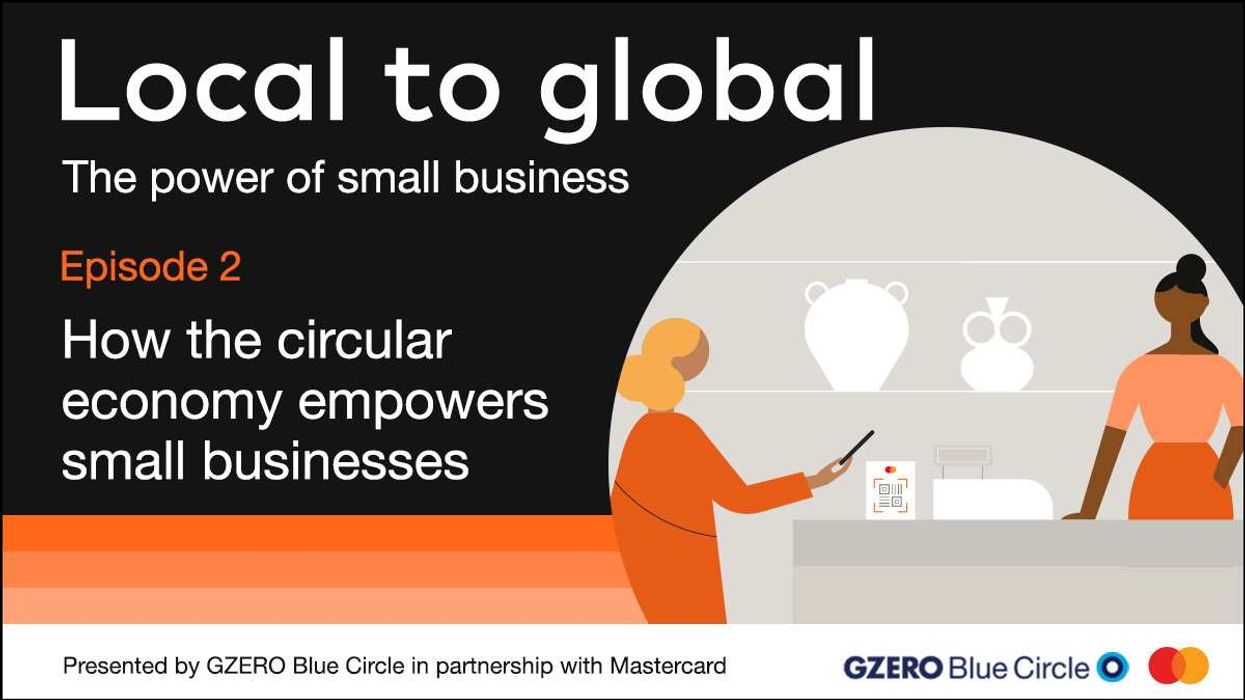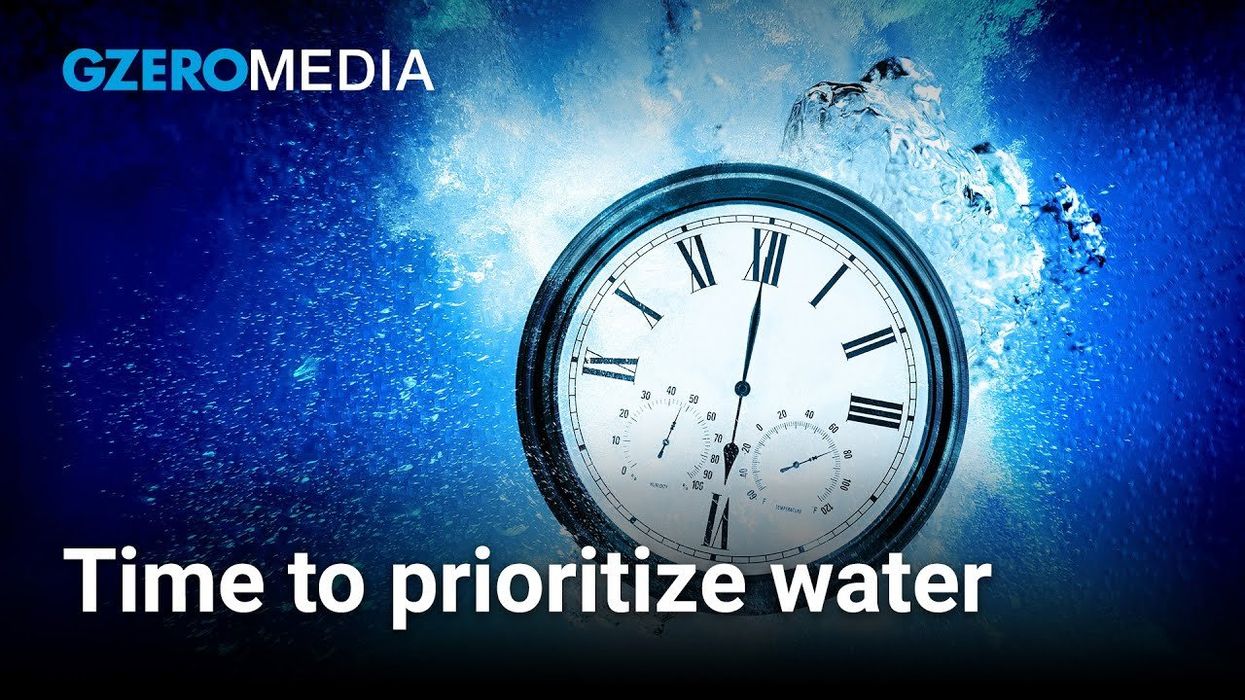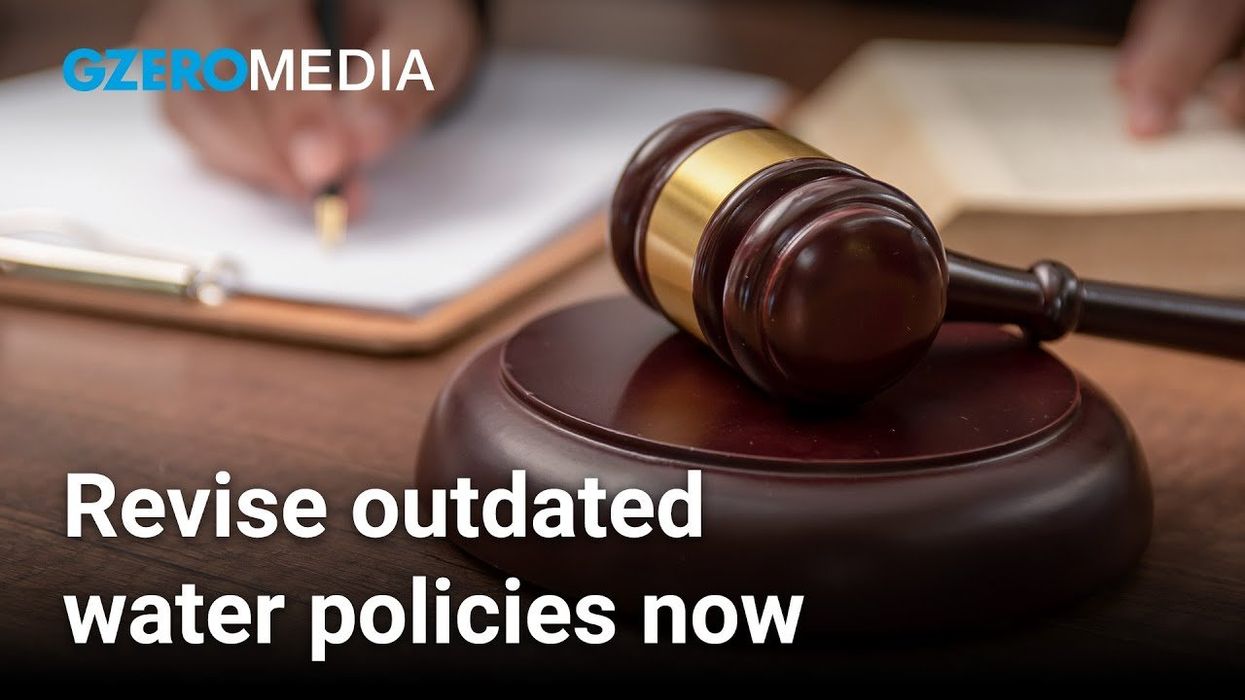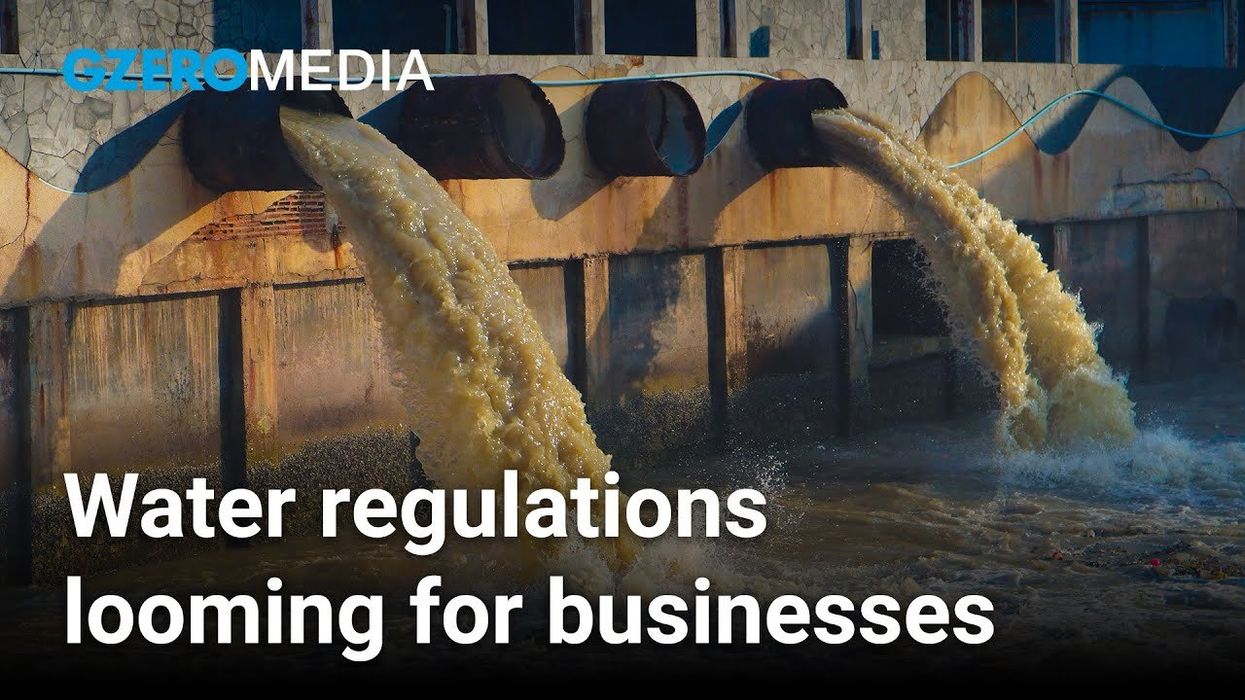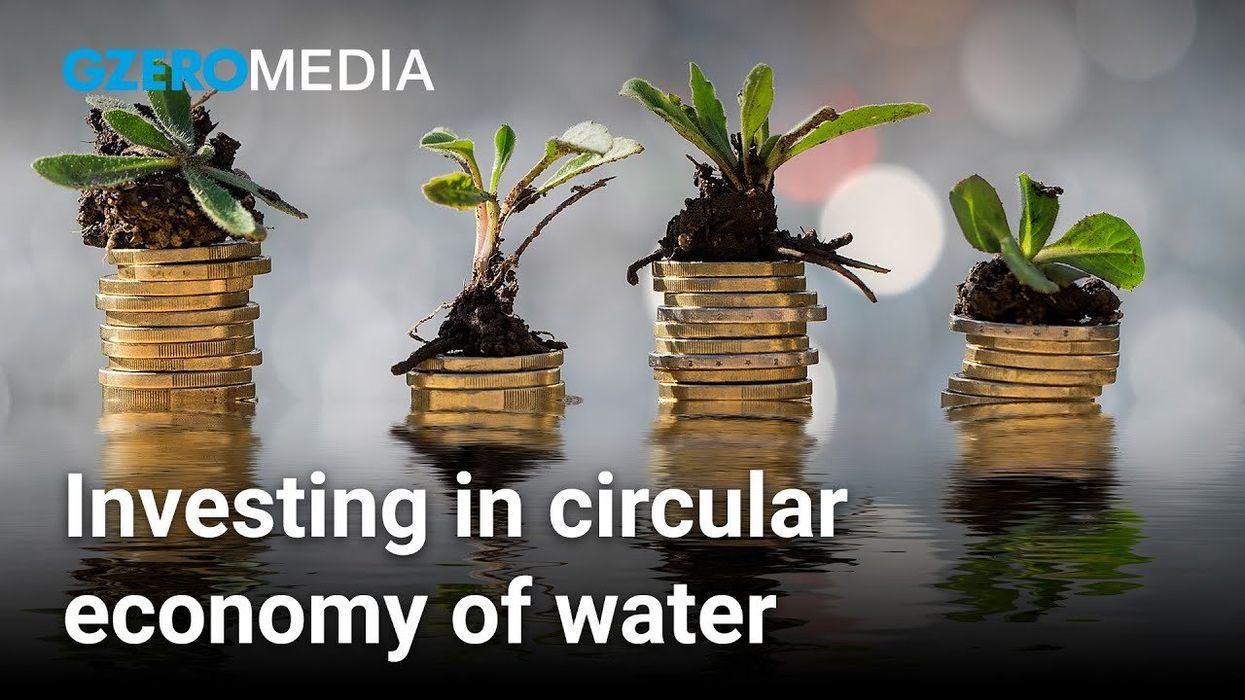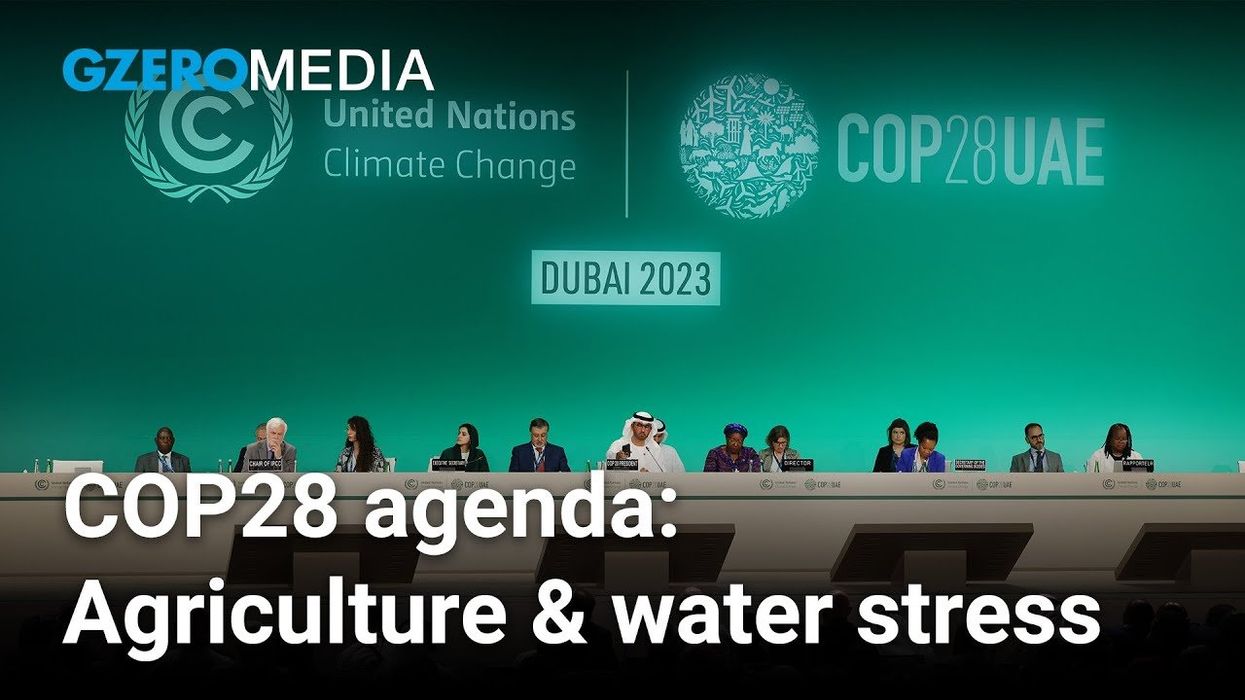Local to global: The power of small business
How the circular economy empowers small businesses
Imagine an economy where products are designed to be reused, repaired, and regenerated instead of ending up as waste. That’s the circular economy, a model that redefines recycling and transforms how small businesses operate. In this episode of Local to Global: The power of small business, host JJ Ramberg sits down with Ellen Jackowski, Chief Sustainability Officer at Mastercard, and Rachel McShane, Chief Financial Officer at Depop, to discuss the scale of the circular economy, why circular practices boost both sustainability and profitability, and where the industry is headed next.
Oct 02, 2025
